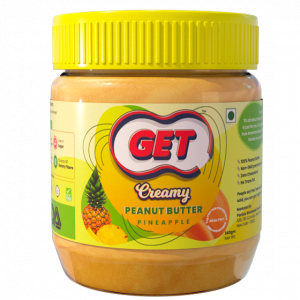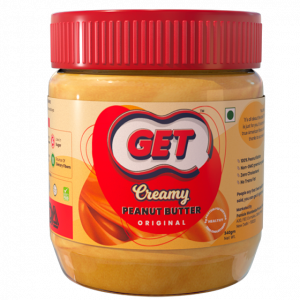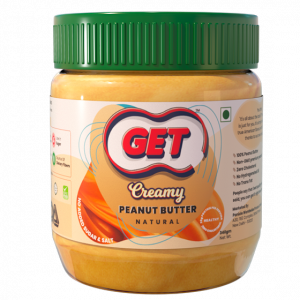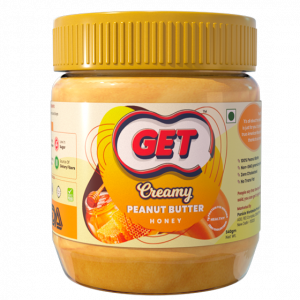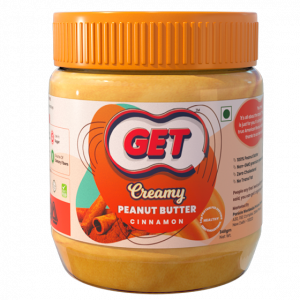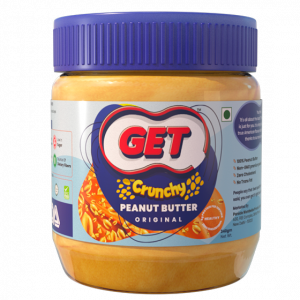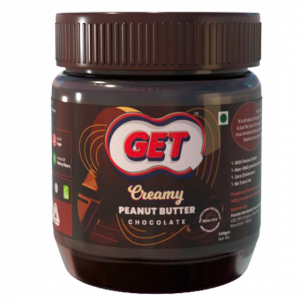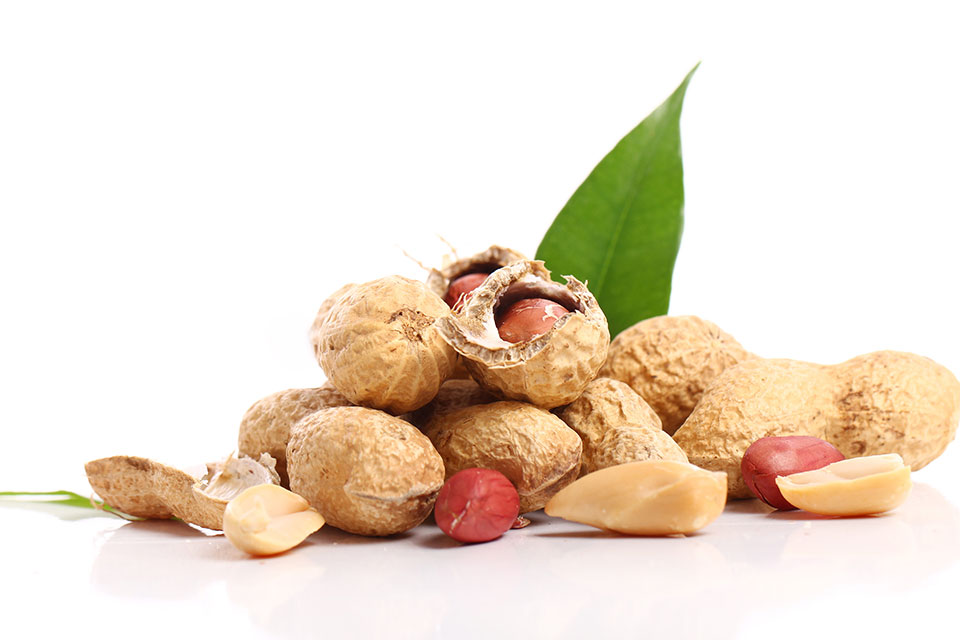
What we eat clearly affects how our body functions and feel, with certain food varieties offering extraordinary advantages to various aspects of our health. With regards to picking the right quality food varieties for your brain, peanuts and peanut butter are nutritious choices. They can assist with further developing memory, cognitive function, and concentration, they can give your mood a lift. Moreover, they can even help the prevention of Alzheimer’s disease, even defend against Diabetes. To completely understand their advantages, it’s essential to take a look at the facts.
Benefits for Every Age
It is important to keep our brains sound & healthy as we age. However our lifestyle plays an important role in this. A recent report published in the Journal of the Prevention of Alzheimer’s Disease tracked down those adults 60 to 80 years old who didn’t eat peanuts and peanut butter regularly were 30% to 50% bound to do ineffectively on tests measuring learning, memory, language, handling motor speed (the time it takes us to process and respond to data) and attentiveness compared to individuals who did. In a different 2018 study of adults 55 and older, higher cognitive scores were related to consuming only 1 serving (10 grams) of nuts per day. This is a 40% decreased probability of poor cognitive capacity.
It isn’t simply older people who can benefit. In a study of college students aged 18-33, consumption of peanuts and peanut butter was related to further developed memory function. It was also connected to decreased anxiety, depression, and stress. Researchers highlighted the polyphenols and different fatty acids in peanuts that probably added to these outcomes. However, that is not all peanuts bring to the table in the nutrition division.
Brain-Boosting Nutrients
So how might peanuts offer such countless advantages in such a little shell? Everything boils down to the interesting mix of different nutrients, minerals, and bioactive compounds that are in your silky, creamy peanut butter.
Niacin: In a study of adults 65 and older, the individuals who burned through more niacin showed a slower pace of cognitive decay and a 70% decreased risk for Alzheimer’s sickness. In fact, peanuts are a superb source of niacin.
Vitamin E: Found to advance healthy brain aging and delay cognitive decrease brought about by Alzheimer’s sickness. Peanuts are a “great source” of vitamin E.
Resveratrol: A bioactive found in peanuts, resveratrol is valuable in fighting against Alzheimer’s disease and other nerve-declining sicknesses.
P-coumaric Acid: An antioxidant that seems to focus on the neurotransmitters in our brain that manage mood, stress, and anxiety. In 2014, authors of a study on p-coumaric acid noticed that it might have comparative impacts on decreasing stress as a main anxiety-reducing drug, Diazepam.
Skins are In
Not a fan of peanut skins? This may alter your mind. A 2016 randomized controlled trial observed that peanuts eaten with skins improved both cerebrovascular and cognitive capacity in people.
The MIND Diet
In case you really want more convincing numbers of the power of peanuts, you just need to take a look at their inclusion in the MIND Diet. A combination of the Mediterranean and DASH diets, the MIND diet is one of a kind. It explicitly incorporates food sources that have been displayed to help the brain. In 2015, two separate studies on the impact of the diet reported slow age-related cognitive decay and up to 53% lower risk for Alzheimer’s disease.
Brain Food for Thought
If you need to help your brain with the right nutrition, the evidence is clearly there. Peanuts and peanut butter ought to be genuinely top-of-mind — and top of your grocery list.
That being said, no one food can do everything, so make certain to drive up your diet with an assortment of nutritious food sources, with natural peanut butter topping the grocery list.
Explore the Range of Get Peanut Butter Flavours
Cited Sources: Springer, MDPI, Taylor & Francis- (hyper-linked to source pages)

